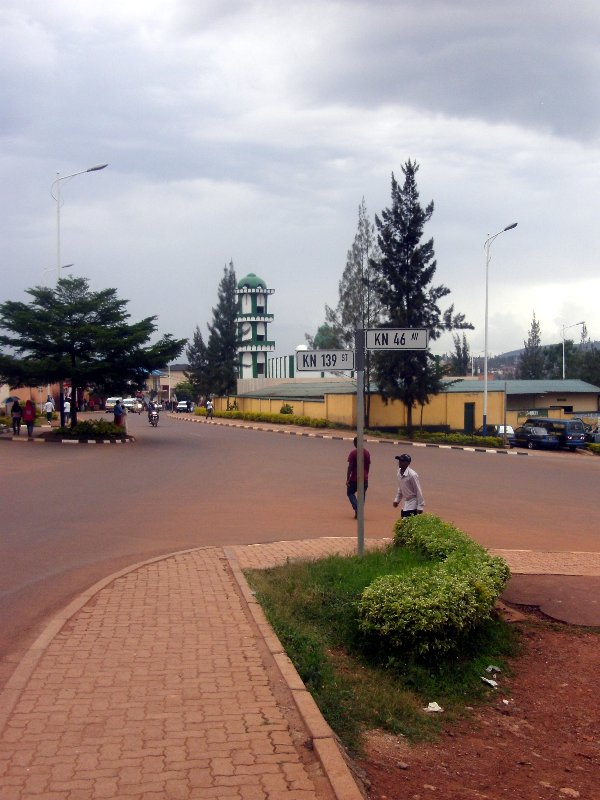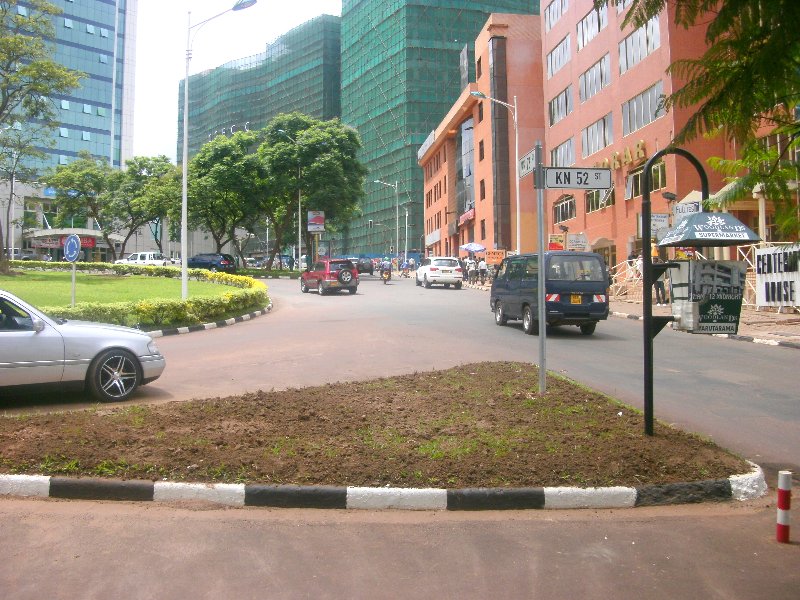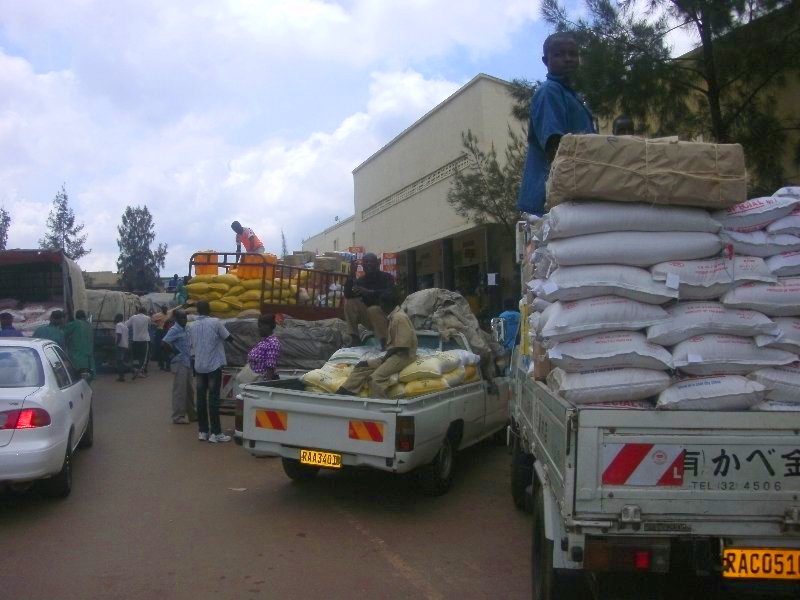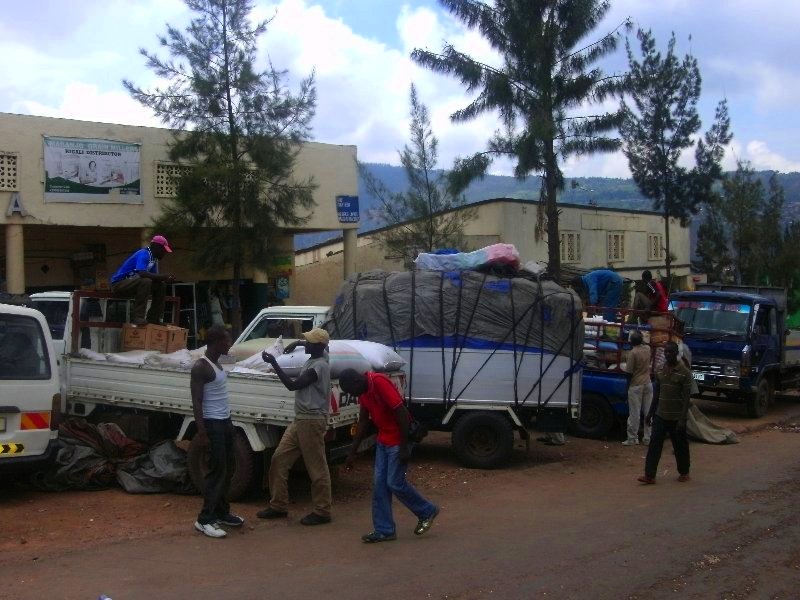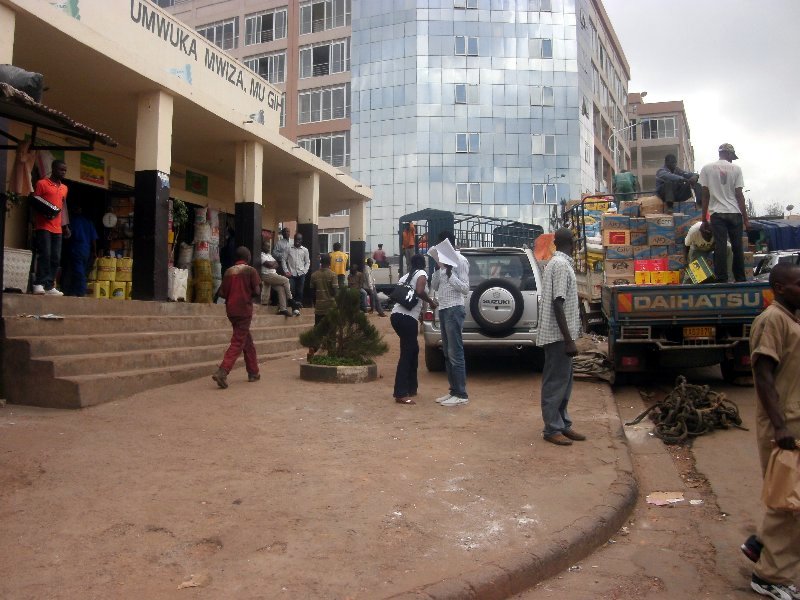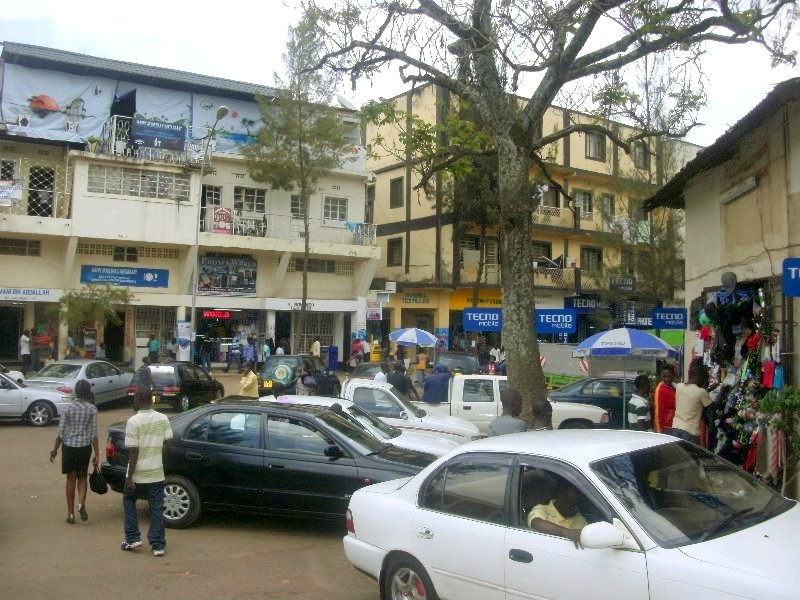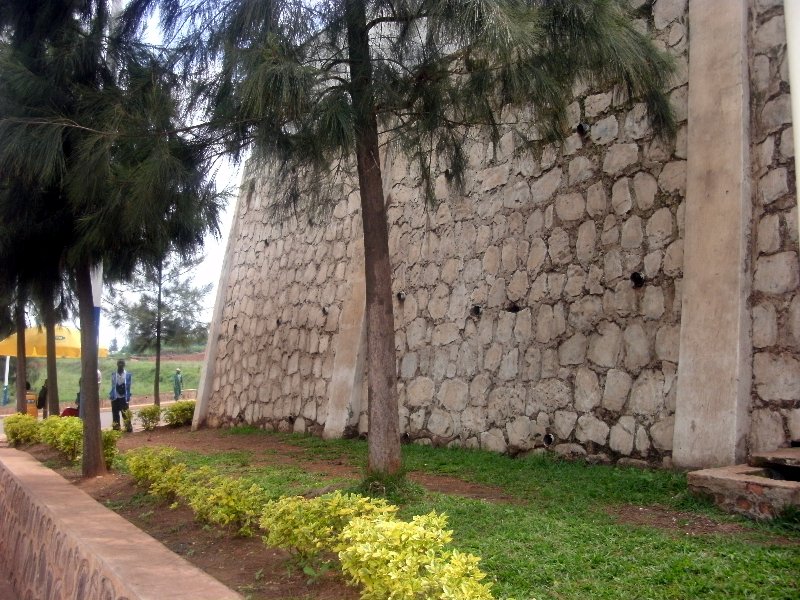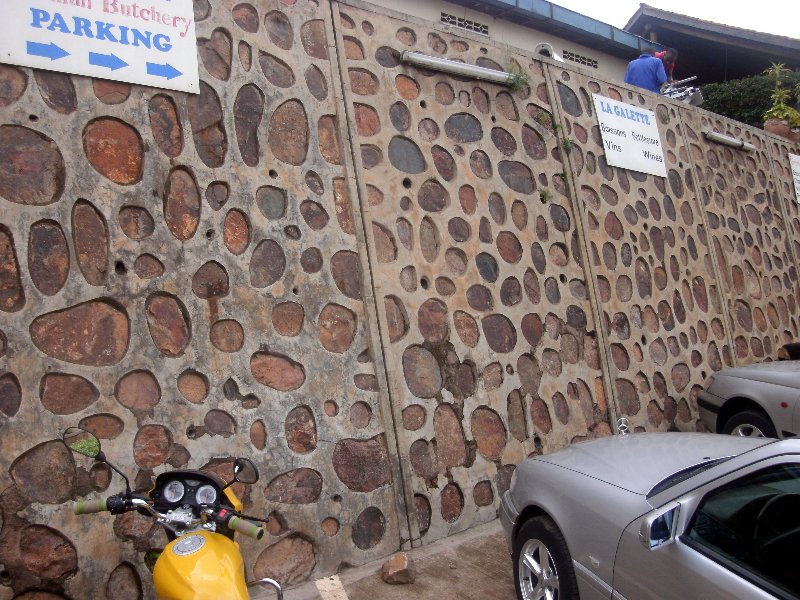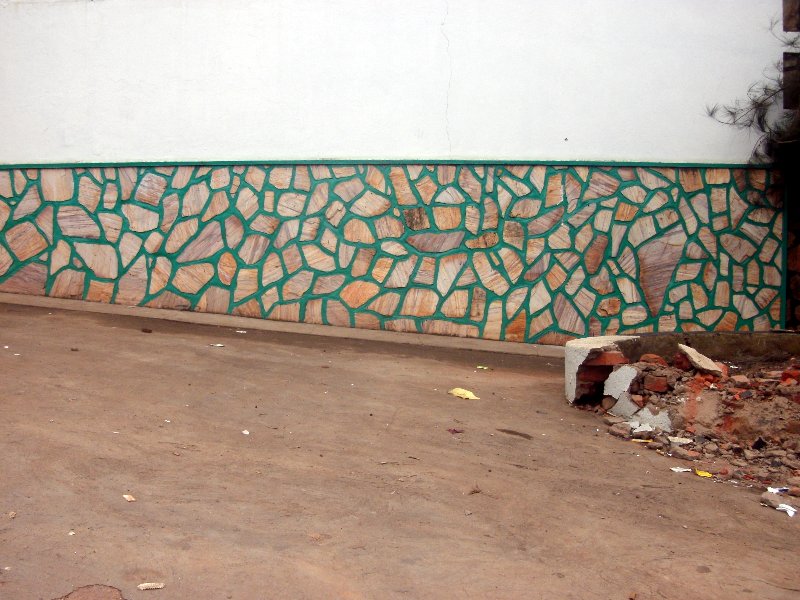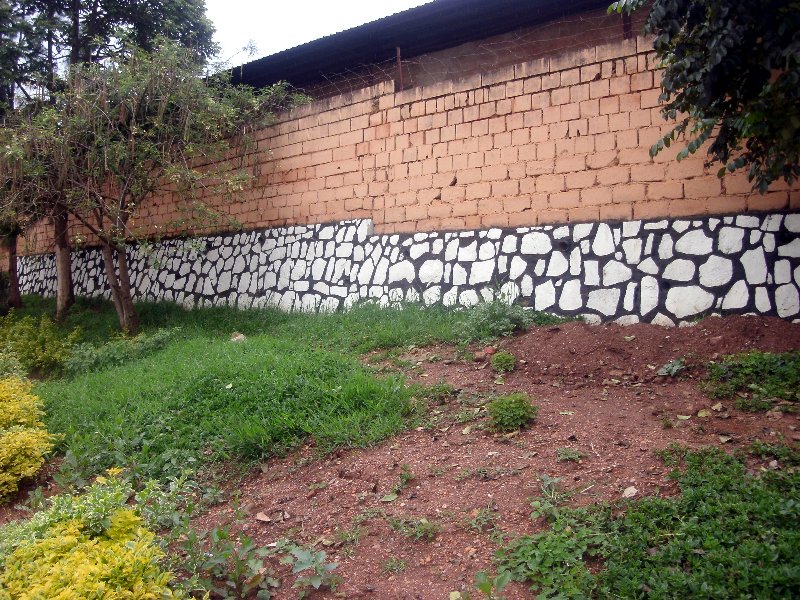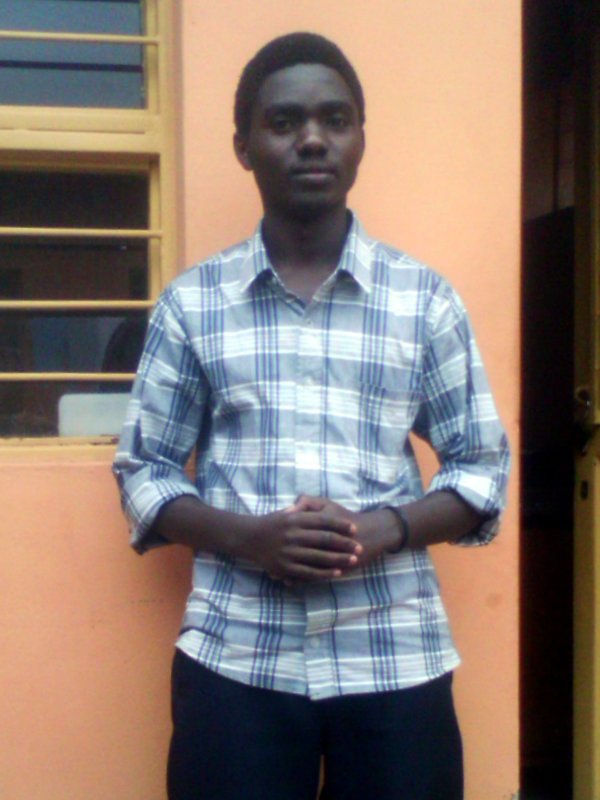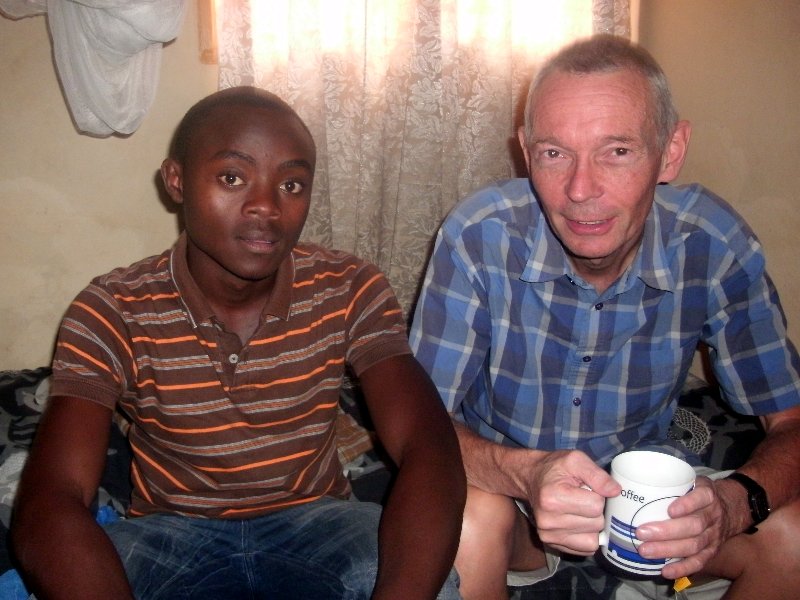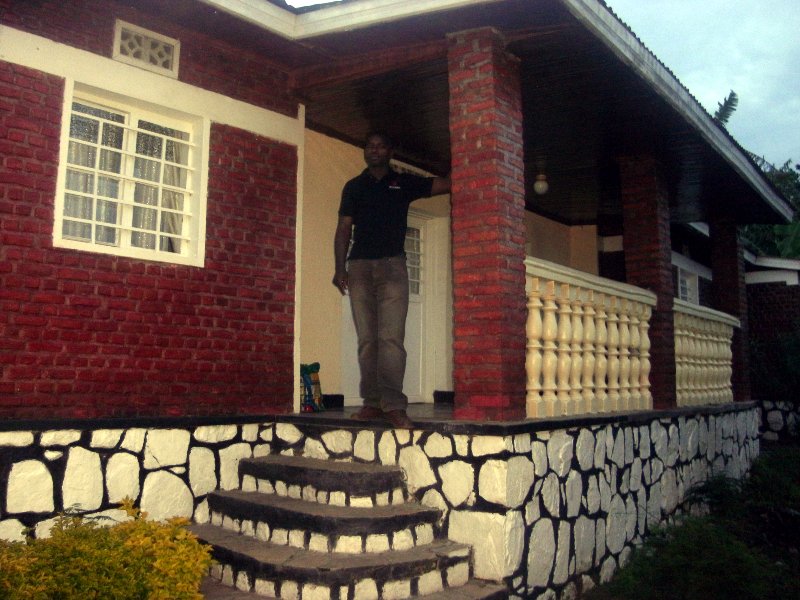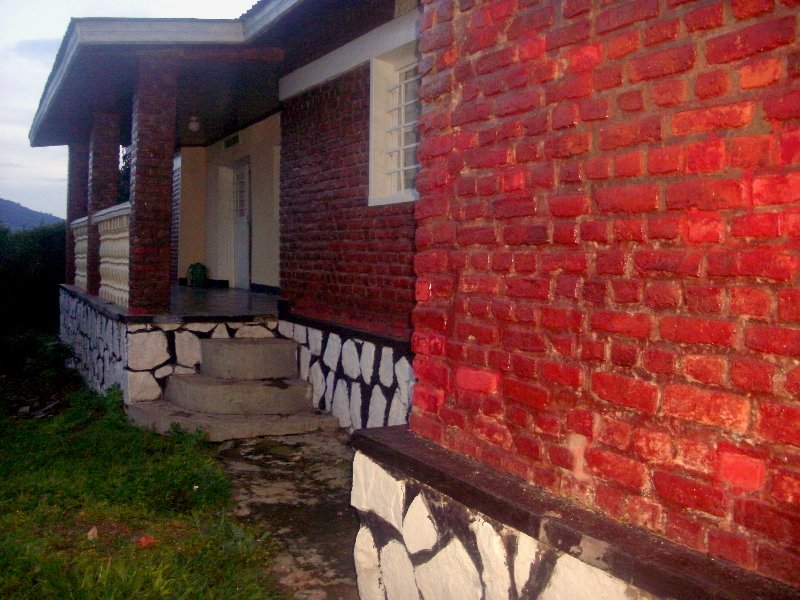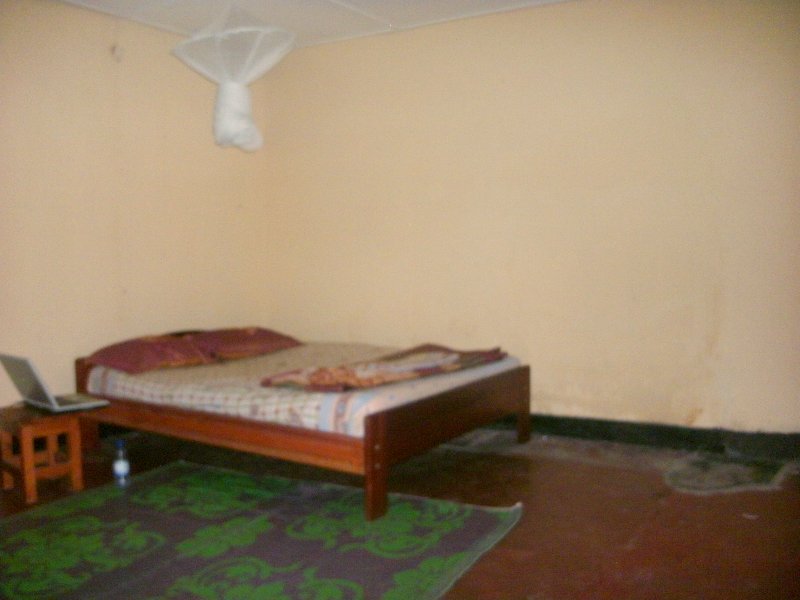Having been allowed to leave school five weeks early, because of the prior arrangements it was accepted I had made, I was able to enjoy a nine-week holiday, from November to early January. For the first three weeks I had Pascal stay with me; Britta was around in Berlin the first few days, and he came with me to visit friends in Italy and Amsterdam. (Thanks a lot!) I also spent 3 1/2 weeks in the US again, staying with and meeting friends in Chicago, New York, Boston and DC. And the rest of the time I had to myself in Berlin. For the whole of the nine weeks, I – or we, when Pascal was with me – were extremely lucky with the weather: I experienced rain, and also (just) below-freezing temperatures, only twice.
I had told P that I would only ask him back in Kigali if he had enjoyed the trip overall – "overall" including having had to come back here after having experienced how things are there. But he has made it clear that he had greatly enjoyed it, even overall. With some other people I would be a little worried that envy, or some such feeling, might get in the way of enjoying such a trip.
By now I have got used to the initially daunting prospect of being here for 21 weeks without a break in Europe – this is the longest time I have been in one place, or even in one country, in the past 40 years of my life, I think. The next time I will go back to Europe will be at the beginning of June, and a week later I will travel to the US again for 3 weeks: with the change of calendar at the school these trips wil be in the summer rather than the winter from now on.
It was very good to see friends here again. Various people came to visit or stay for a few days, to 'welcome me back', and I visited Modeste in the 'ghetto' where he lives near his university: it is not so far from school. – A slightly odd thing: three of our friends had had themselves circumcised since I left, with the pain and the healing in one case still not complete. This is not a traditional 'rite of passage' here, as it is in (parts of) some of the surrounding countries. While the government is encouraging young men to undergo the procedure, for health reasons, that does not seem to me to be a sufficient explanation of what is a general trend, and I am wondering if I am witnessing the start of a new tradition, a new coming-off-age ritual. One friend told me how he and his classmates had been laughed at when they spent some days at a boarding school, to take exams, for not being circumcised, and told that they must take their bath after everyone else.
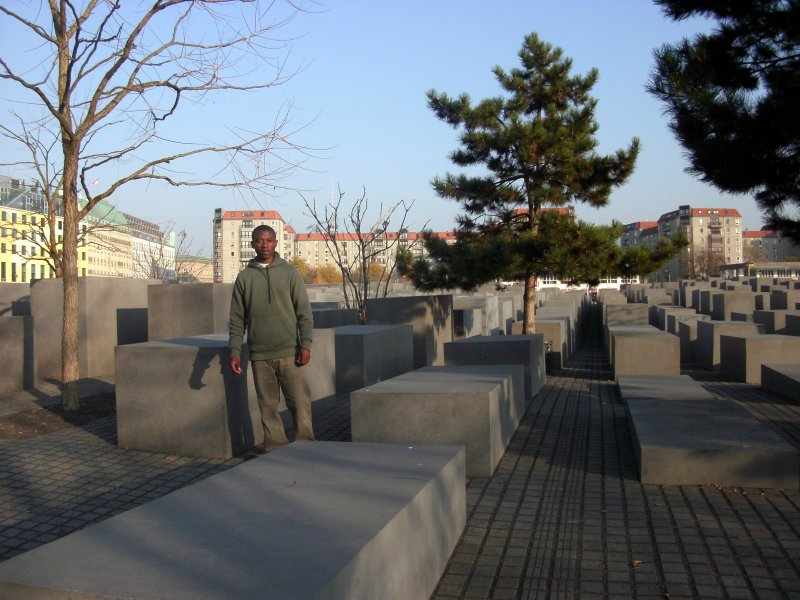
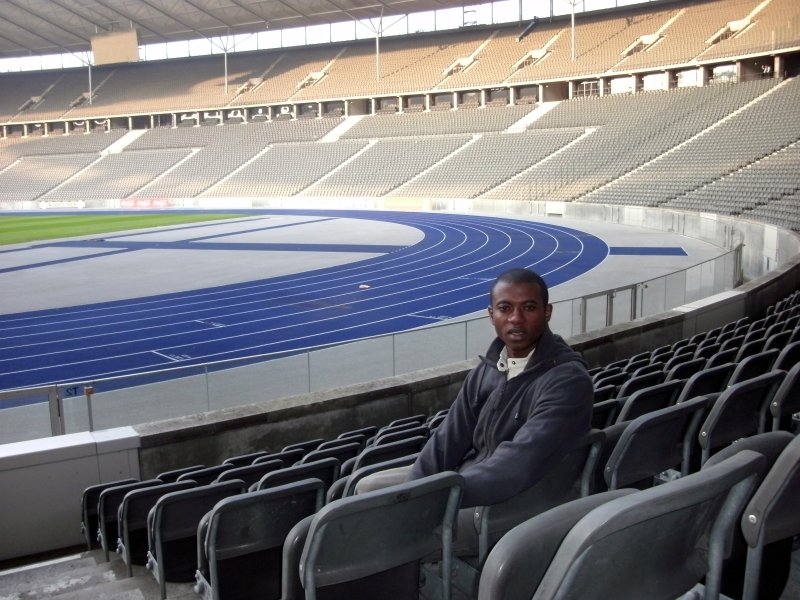
'Termly' update on the progress of the people the continuing of whose education we are making possible (– as you know, most of the fees are paid by friends of mine!):
- M continues to study at Kigali Institute of Education, Biology and Physical Education, but he is still keen to change to Nursing for the next academic year. He knows that he will have to look out for when and how to move.
- Benjamin will be going to Lovely Professional University in India in March, we are in the process of applying for a visa; after a
4-month3-month course to improve his English, he will study for a Bachelor in Computer Applications.- P has started his last year, Senior 6, at his school near where we live. Senior 6 is said to be "serious, man," so he goes for prep or works with other students most evenings and even on Sunday morning,
and we do maths a few times a week.- JD, Laurien's brother, (the guy with whom I am finding it difficult to communicate because he is just so diffident, in a white shirt in the top picture on the right: usually they wear school uniform, of course ...) came top again in his class at the end of last year, and is continuing at his boarding school in Senior 5.
- L and Justine, B's sister, did well in the National O-level exams – considering that they had been attending village schools up to then. They are both now enrolled in Senior 4 at (private) boarding schools near Nyanza, the residence in the past of the kings; B and L took a trip there last week to check out different places. Whereas their fees were RwF 10,000 (= US$ 17) per term up to now, they will now have to pay RwF 90,000 per term, plus initial costs, for school uniforms, bedding and so on.
[9 days later: In fact both of them did so well in the exams that they gained places at government (boarding) schools, both to do accounting, which had been their first choice. So the cost will be less than RwF 50,000 each per term. About the school where L was accepted I had heard before: it was at Nyange in 1997 that the students refused to identify themselves, or each other, as either Hutu or Tutsi, when the school was attacked by a Hutu militia from Congo, and so they were all killed. These students are among the heroes who are honored on Heroes' Day, on 1 February. ]
About life at my school, what should I write about first, the good news or the bad news? The bad news is that the IB results in November were rather worse than we had expected, in almost all subjects and for all students, and much worse than in the previous year (including HL Maths.) So we have started to think about why that might be, and what we can do to ensure it does not happen again. And of course those results affected the atmosphere.
The good news is that based on the Five-year Self-study that it took most of my time last term, and even some time during the holidays, to put together, the IB has largely accepted our conclusion that we "are making satisfactory progress" in administering the programme. Most of the criticisms were in areas where we had already identified weaknesses, and what they are requiring us to still do looks decidedly manageable – without too many late nights, or weekends spent working.
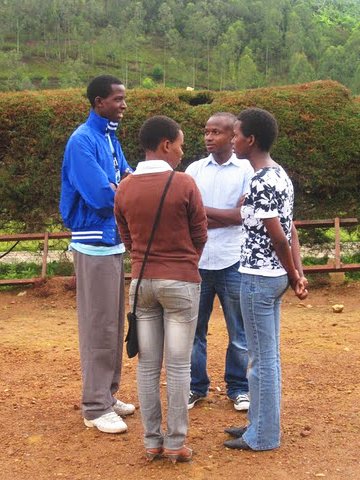
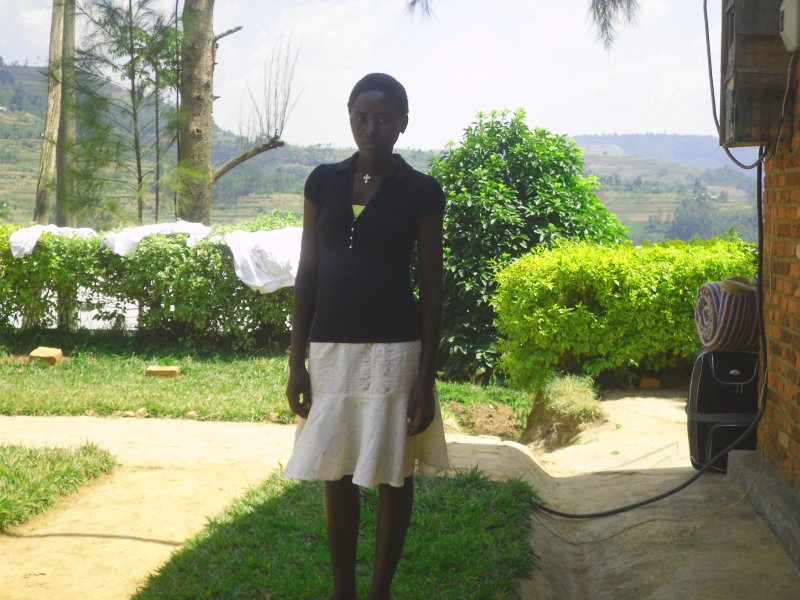
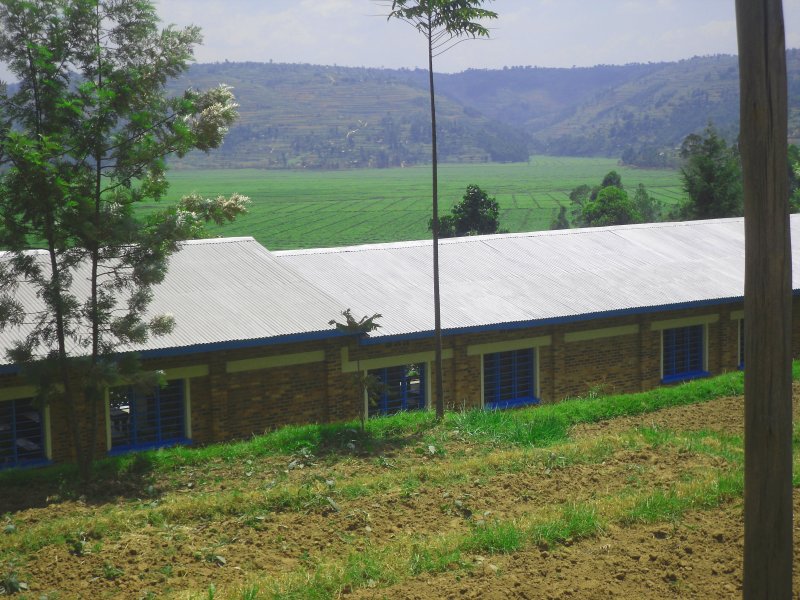
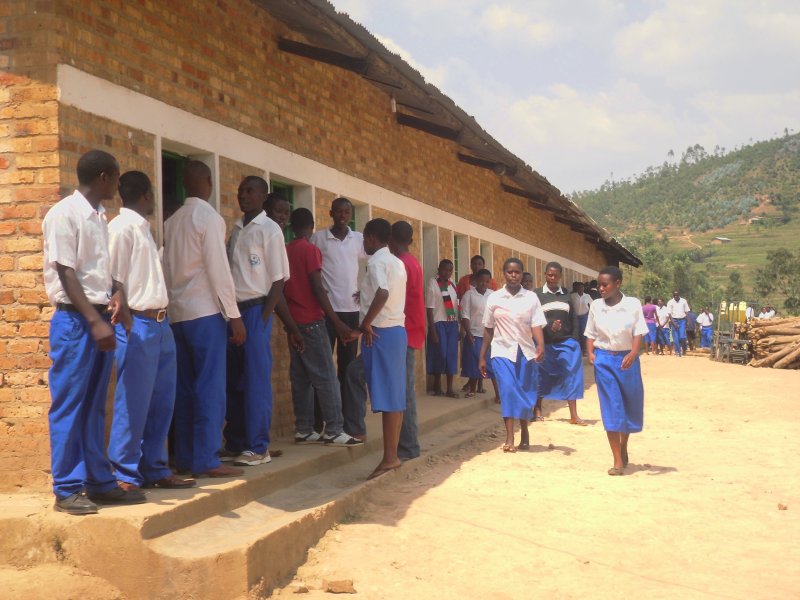
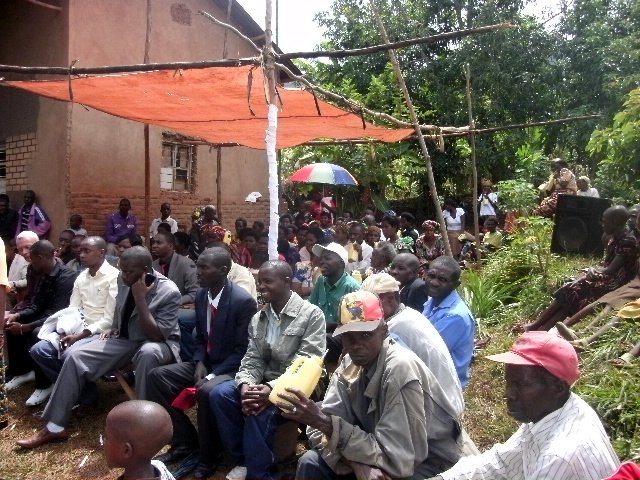
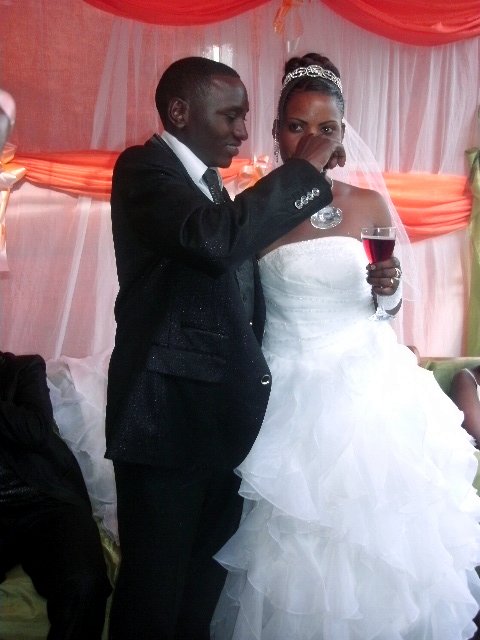
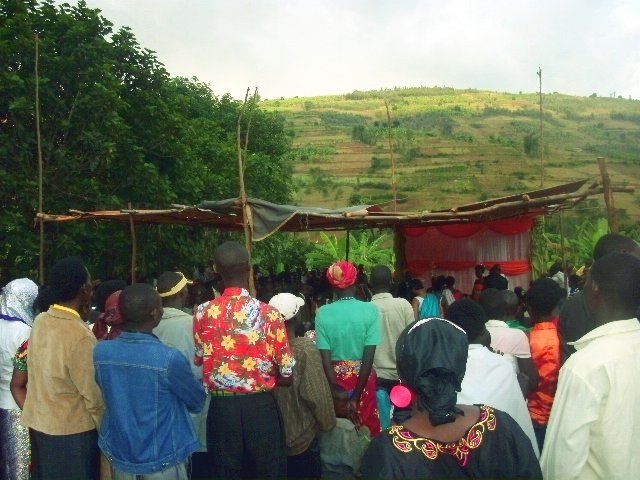
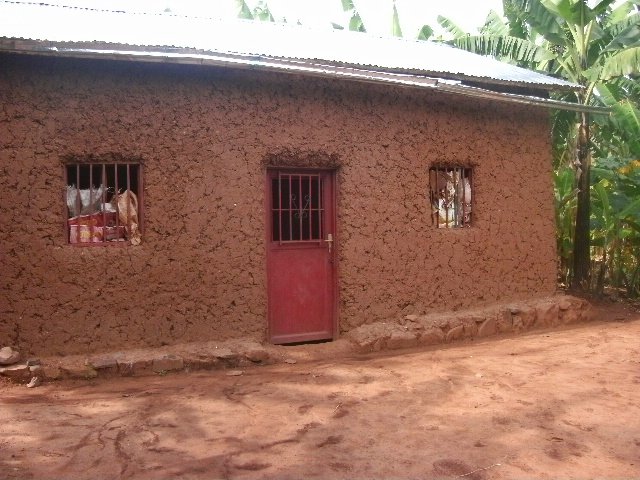
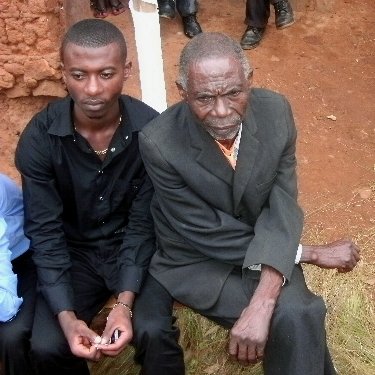


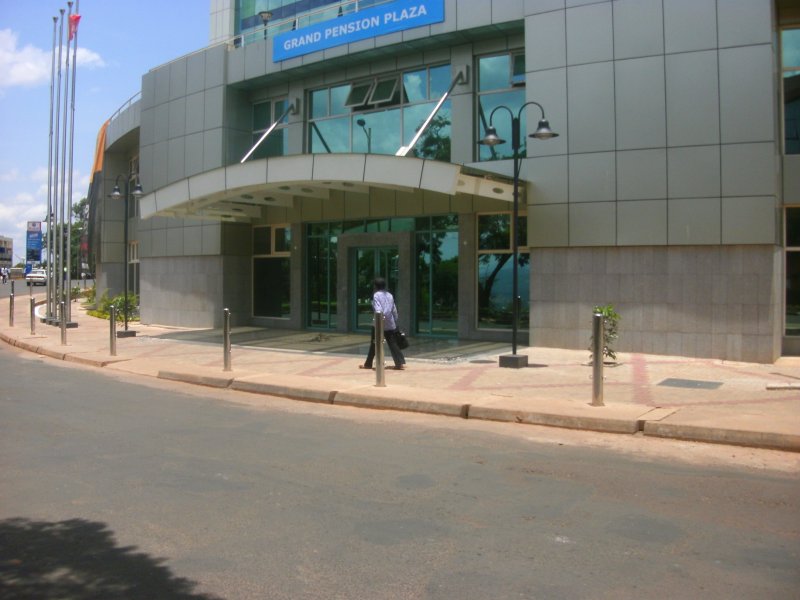
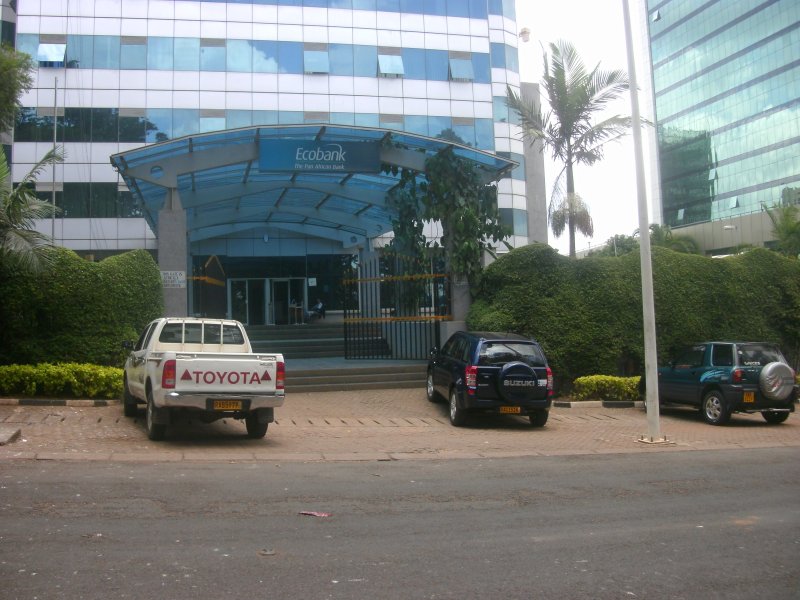
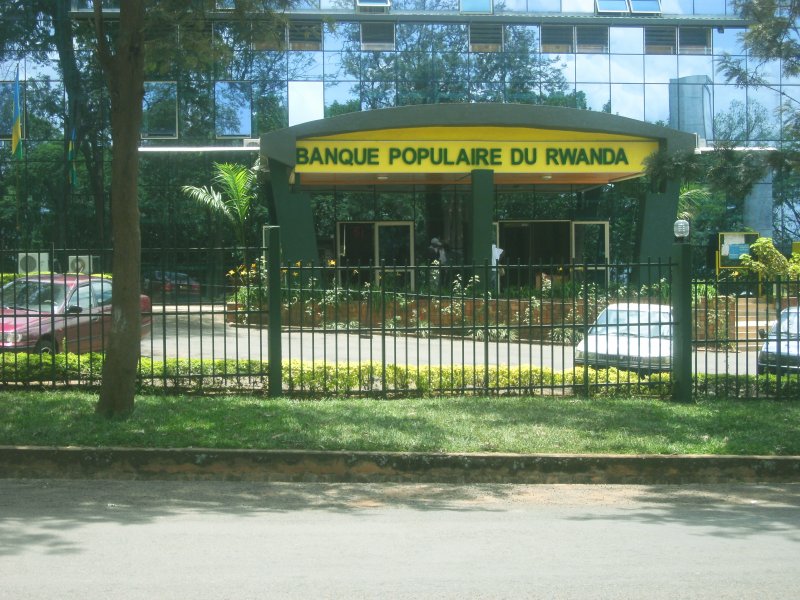
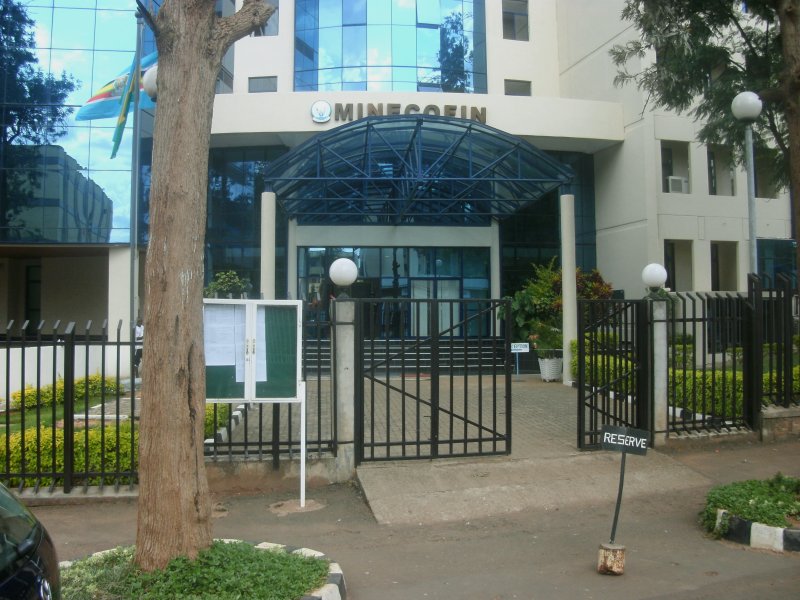
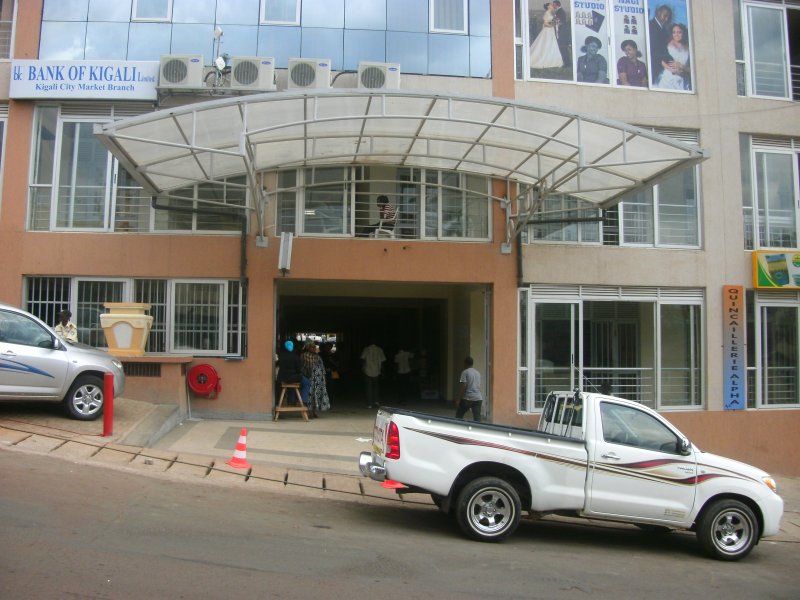
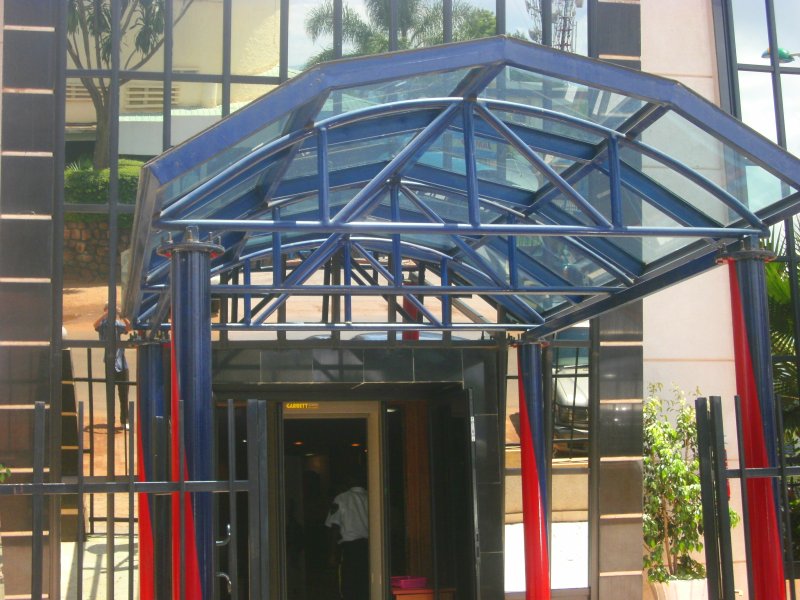
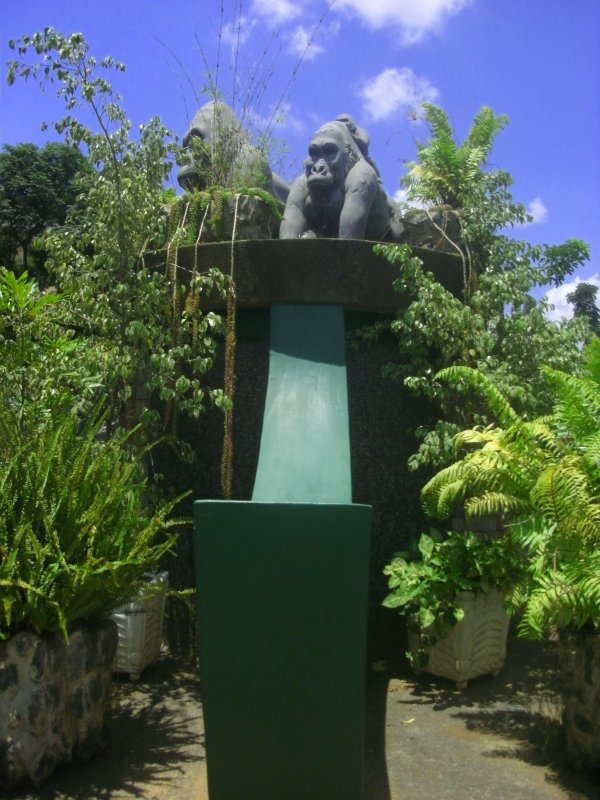
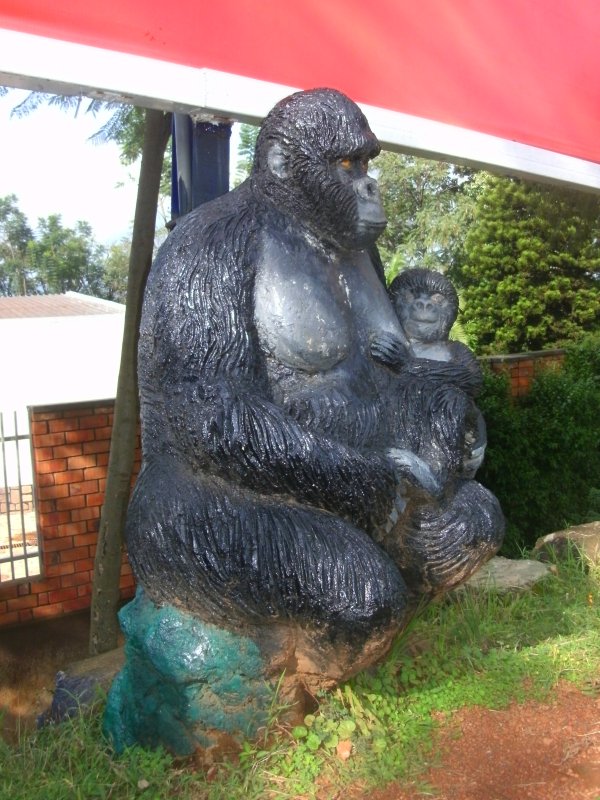
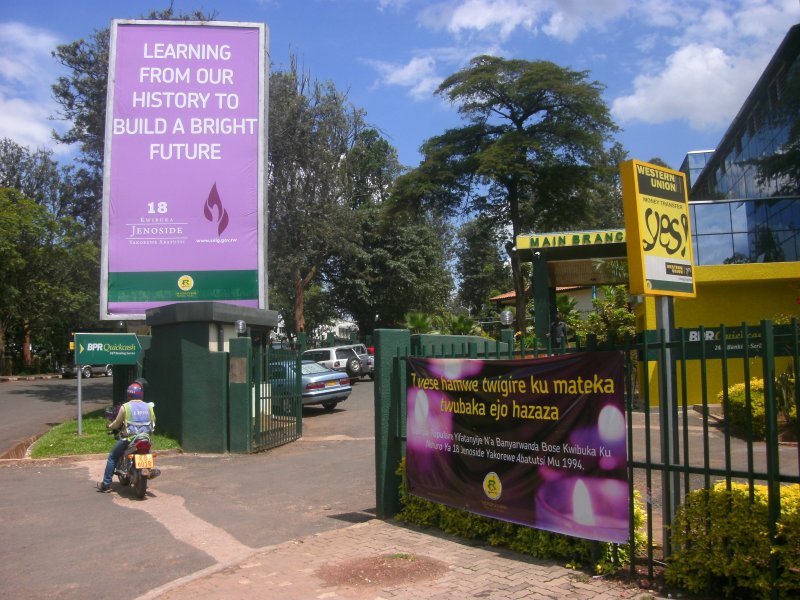
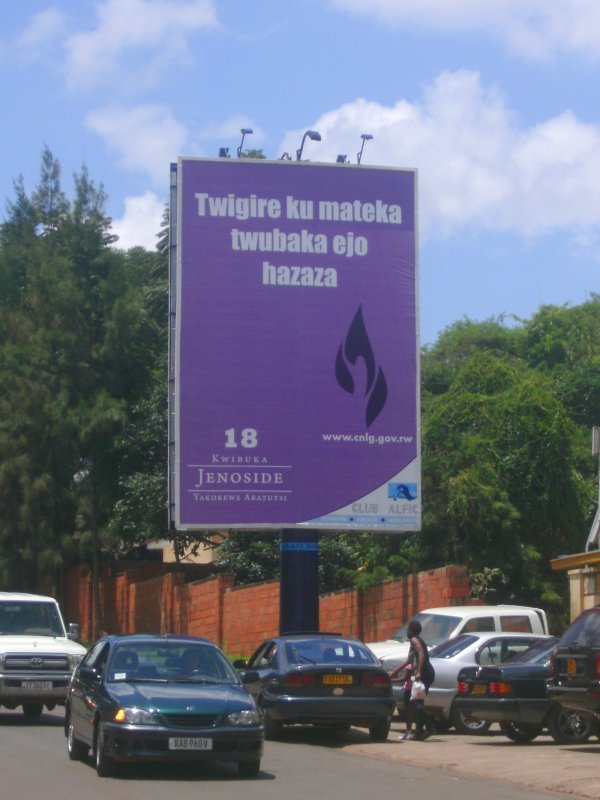
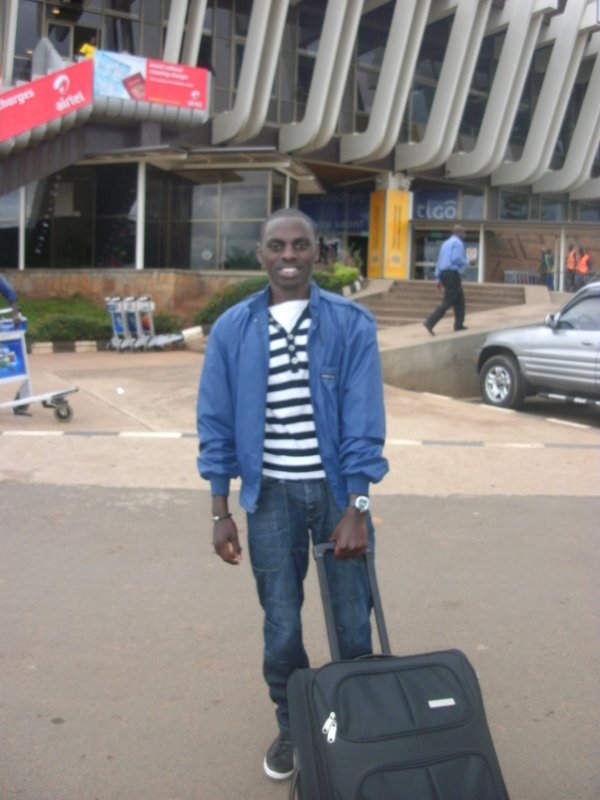
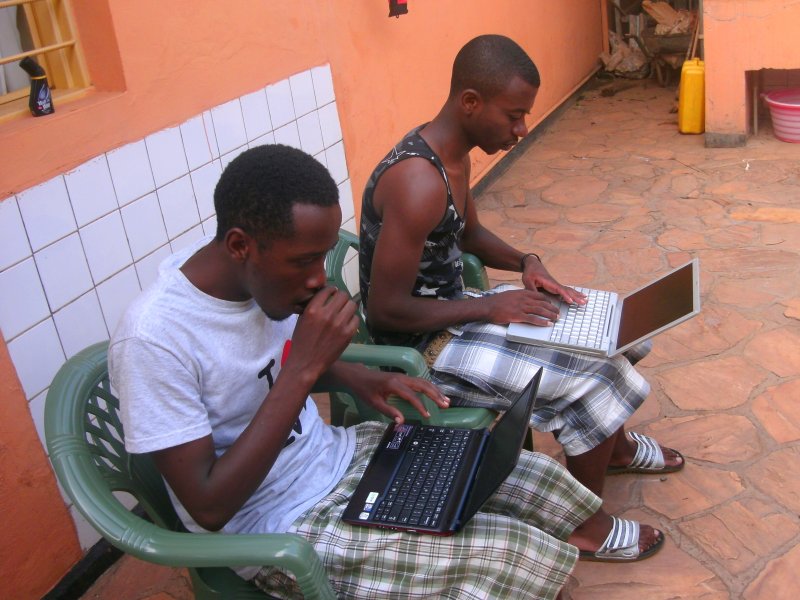
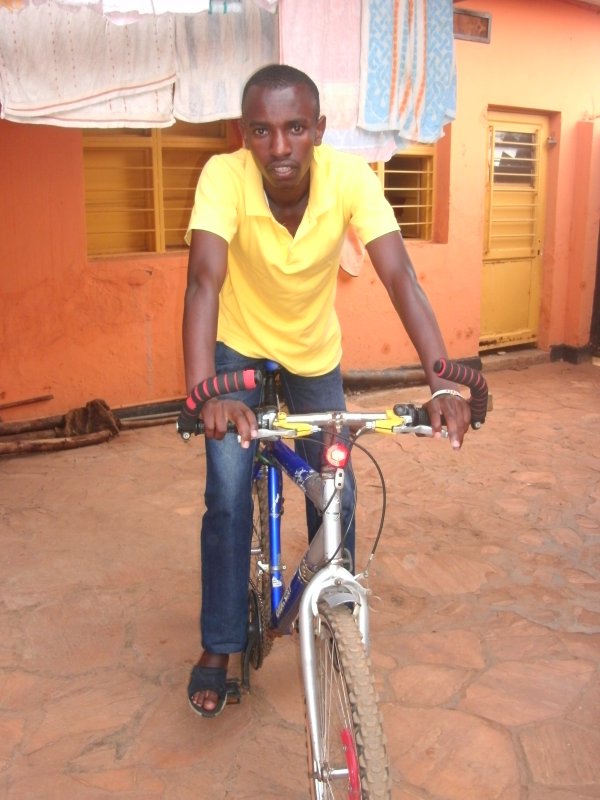
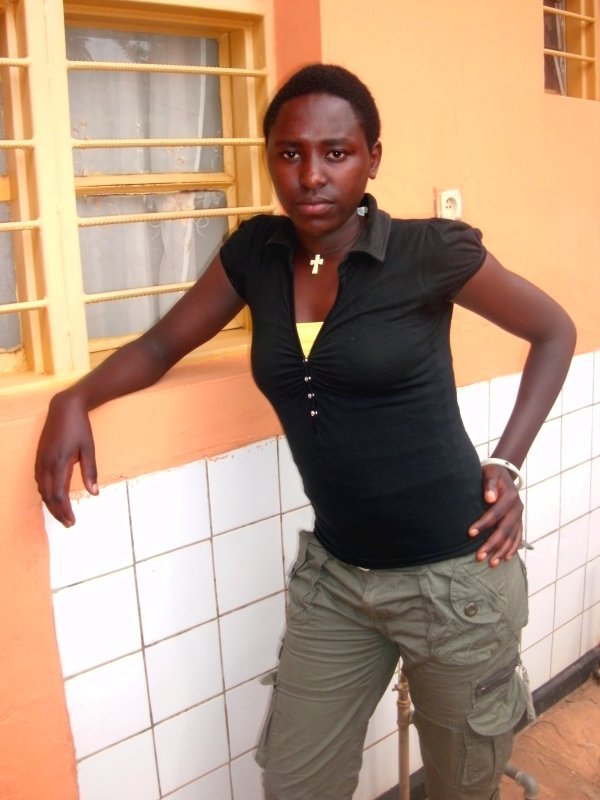
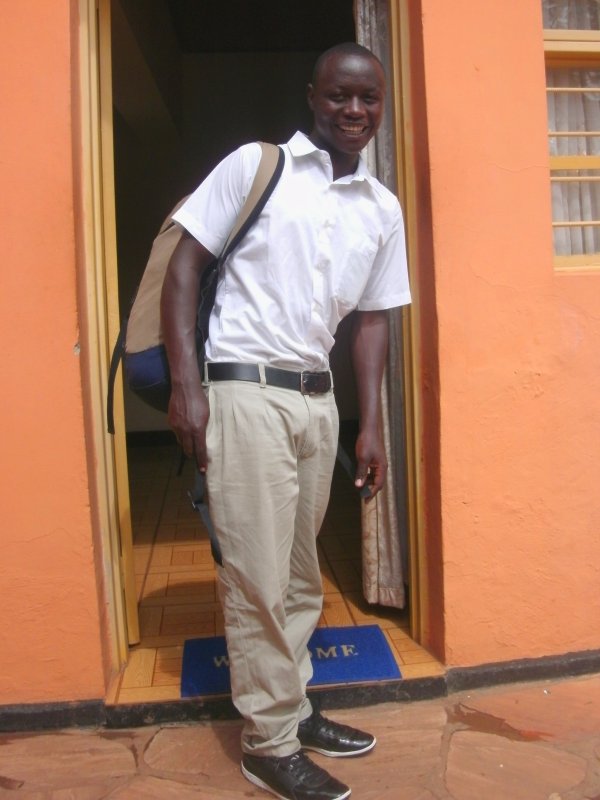
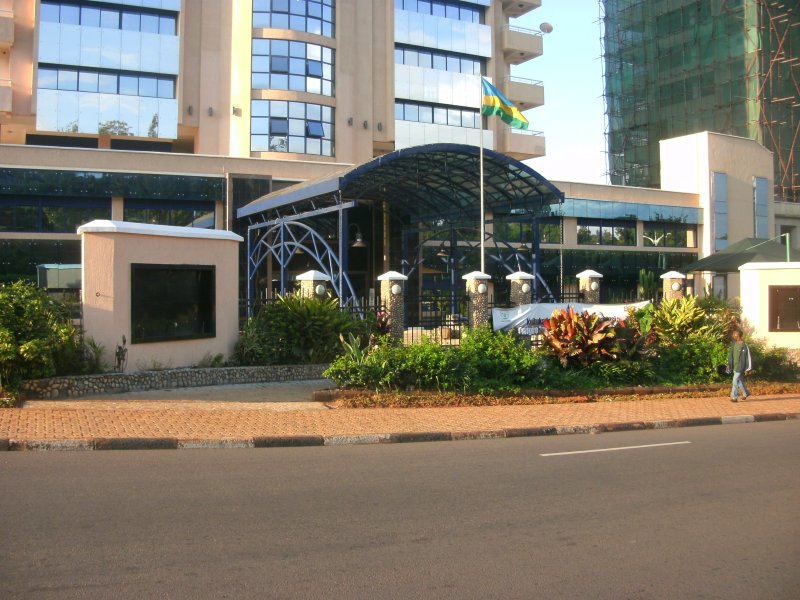
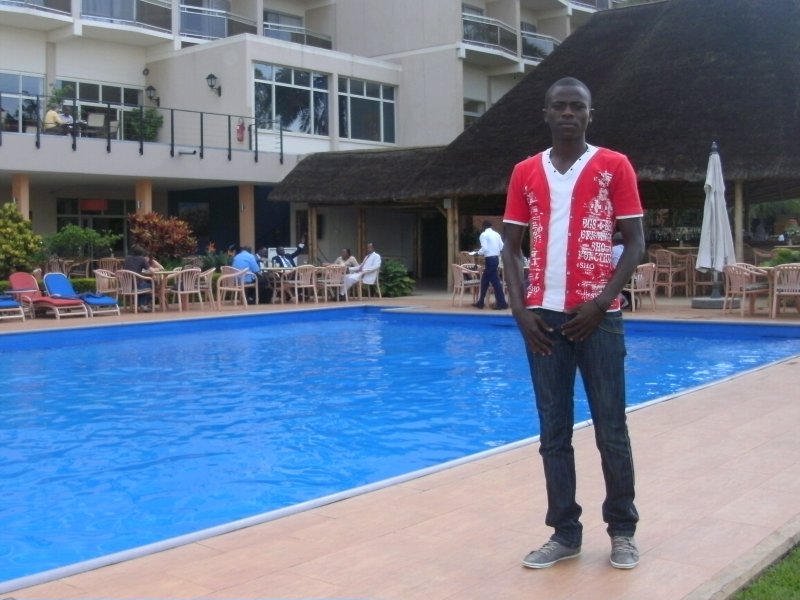
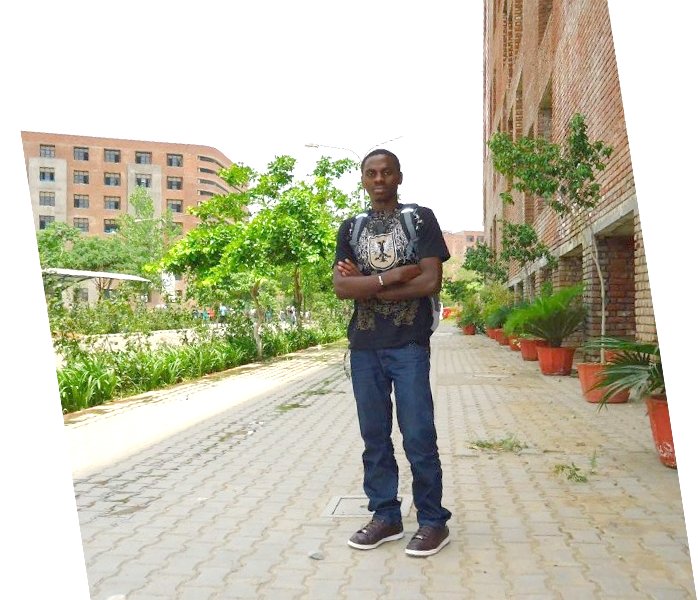
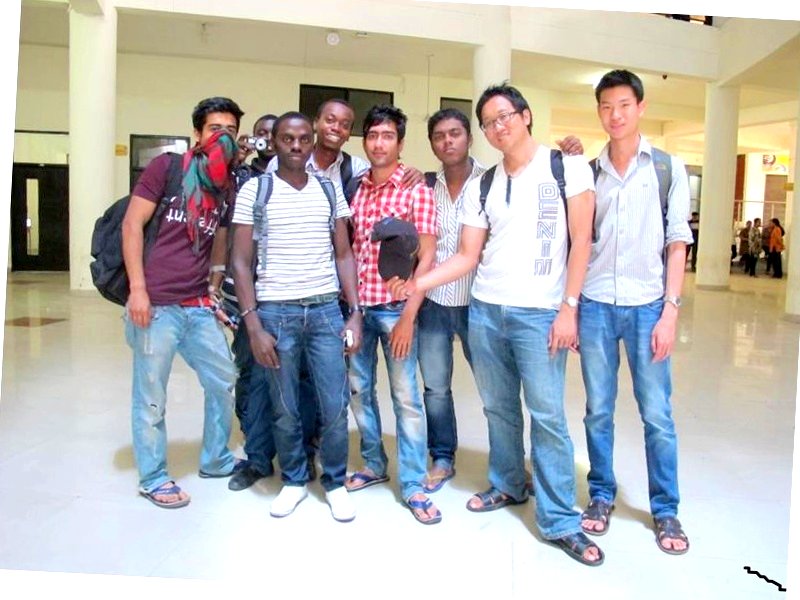
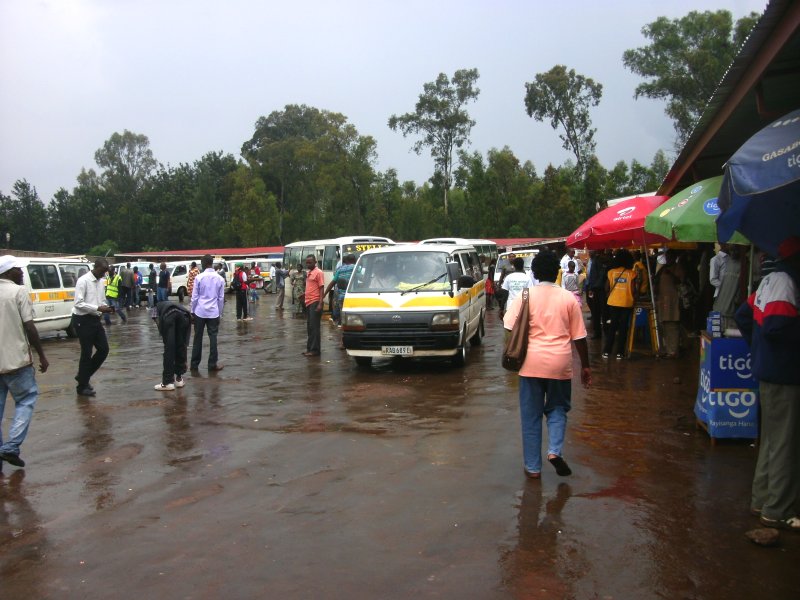
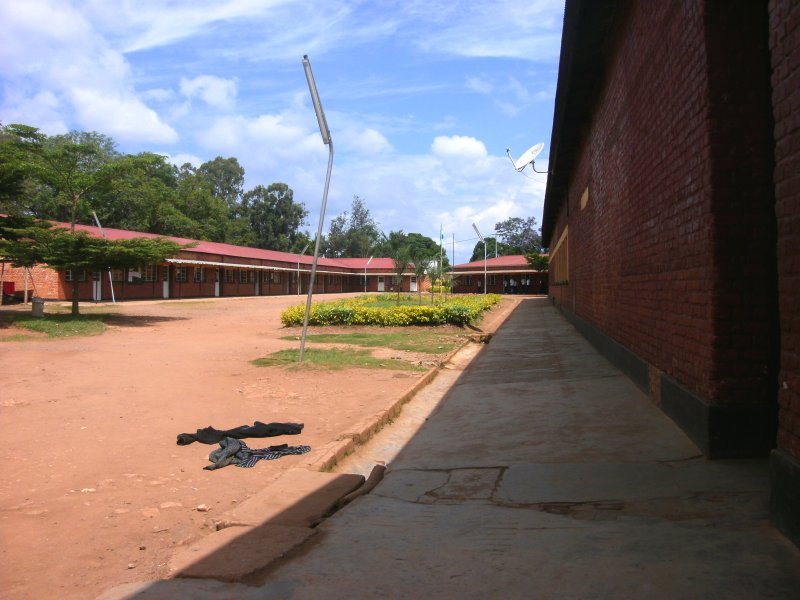
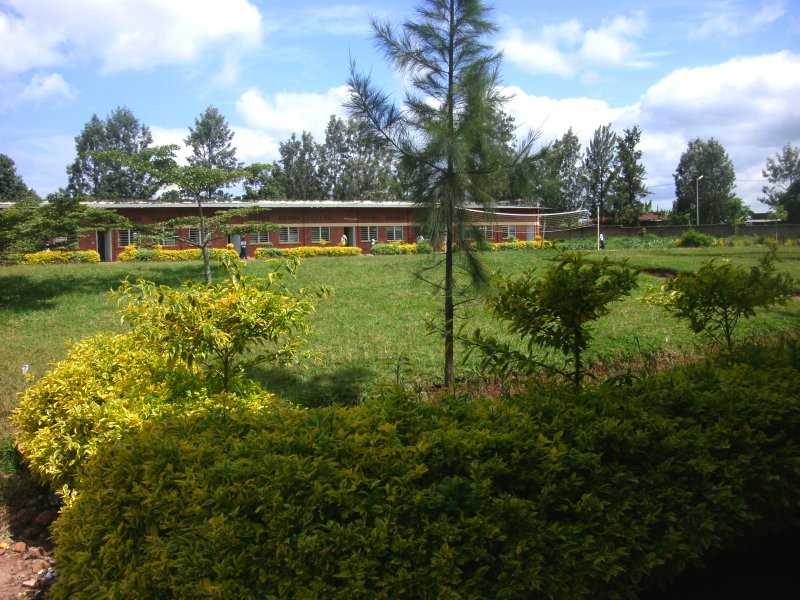
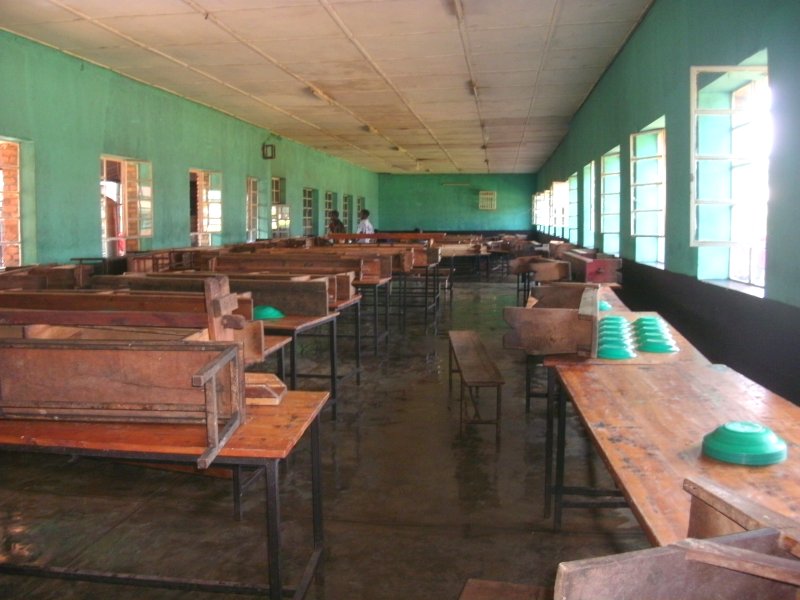
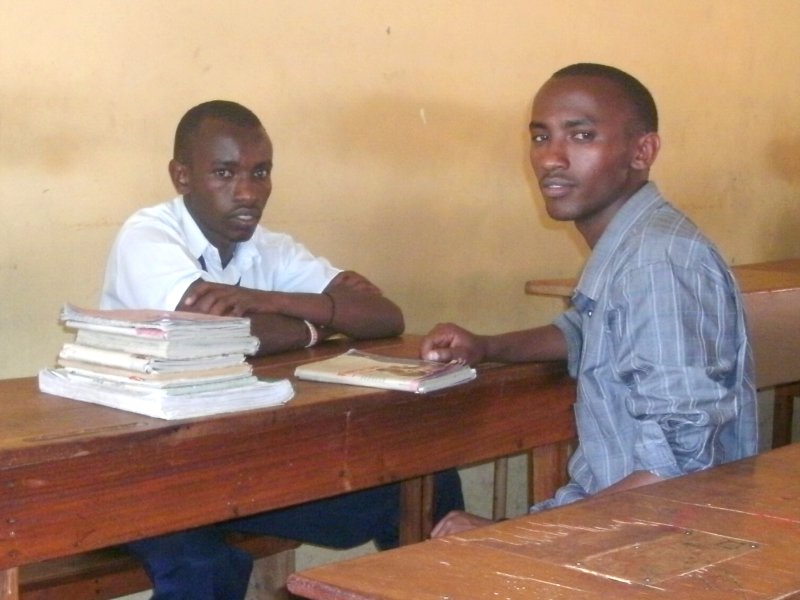
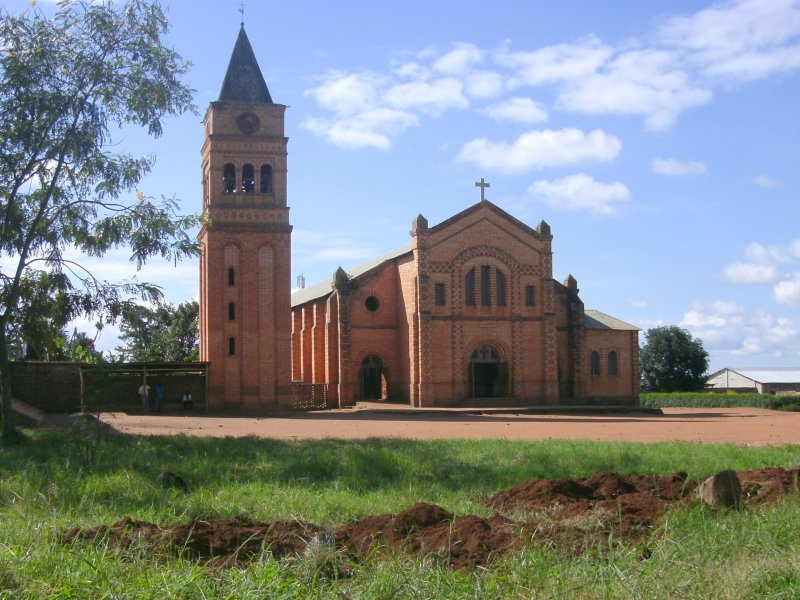
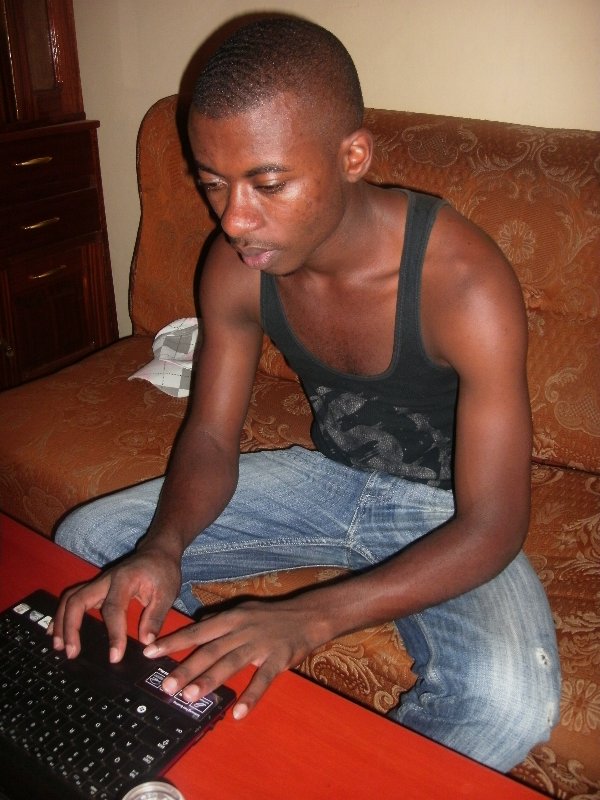
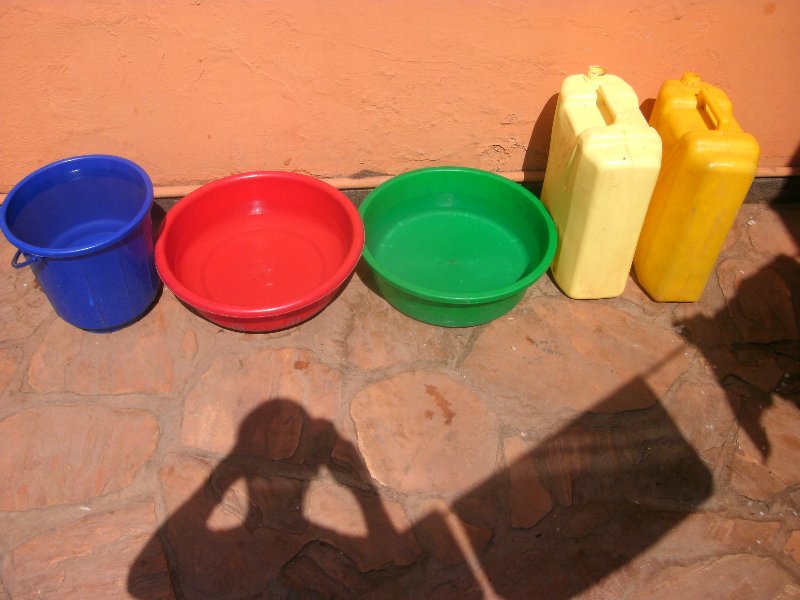
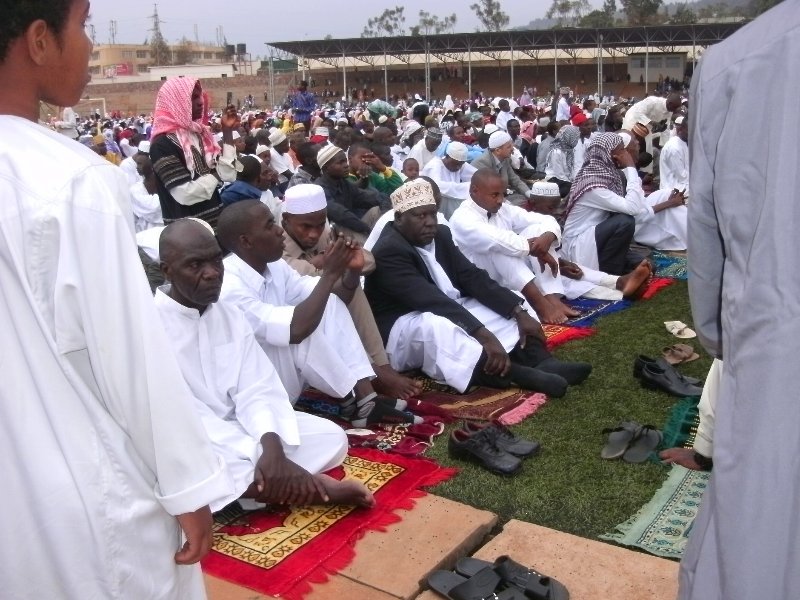
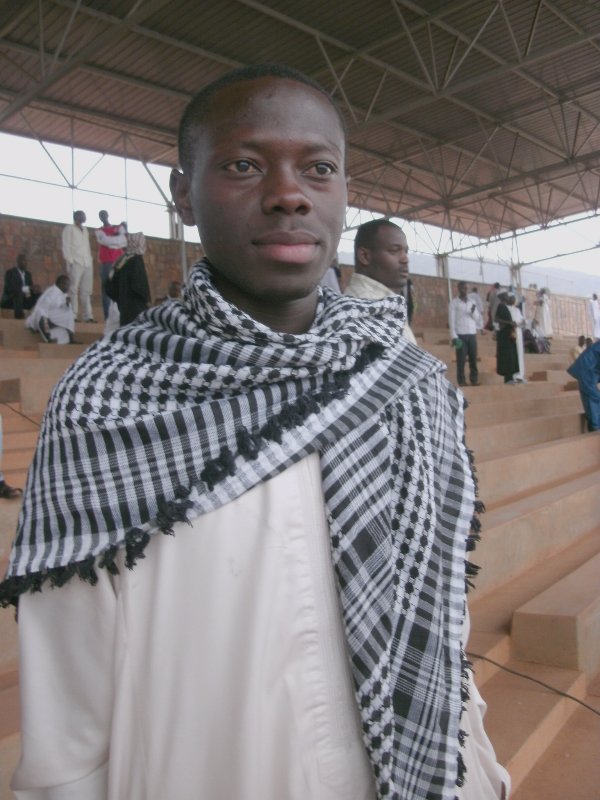 At the Petit Stade early in the morning on Ede. It fell on a Sunday this year, so the next day was a holiday. And Ayubu, (whose pictures these are) who has invited P and me to his house for Ede every year; he is in S6 too, and I am helping him a bit with his VB project, (as I am P with web-programming.)
At the Petit Stade early in the morning on Ede. It fell on a Sunday this year, so the next day was a holiday. And Ayubu, (whose pictures these are) who has invited P and me to his house for Ede every year; he is in S6 too, and I am helping him a bit with his VB project, (as I am P with web-programming.)
